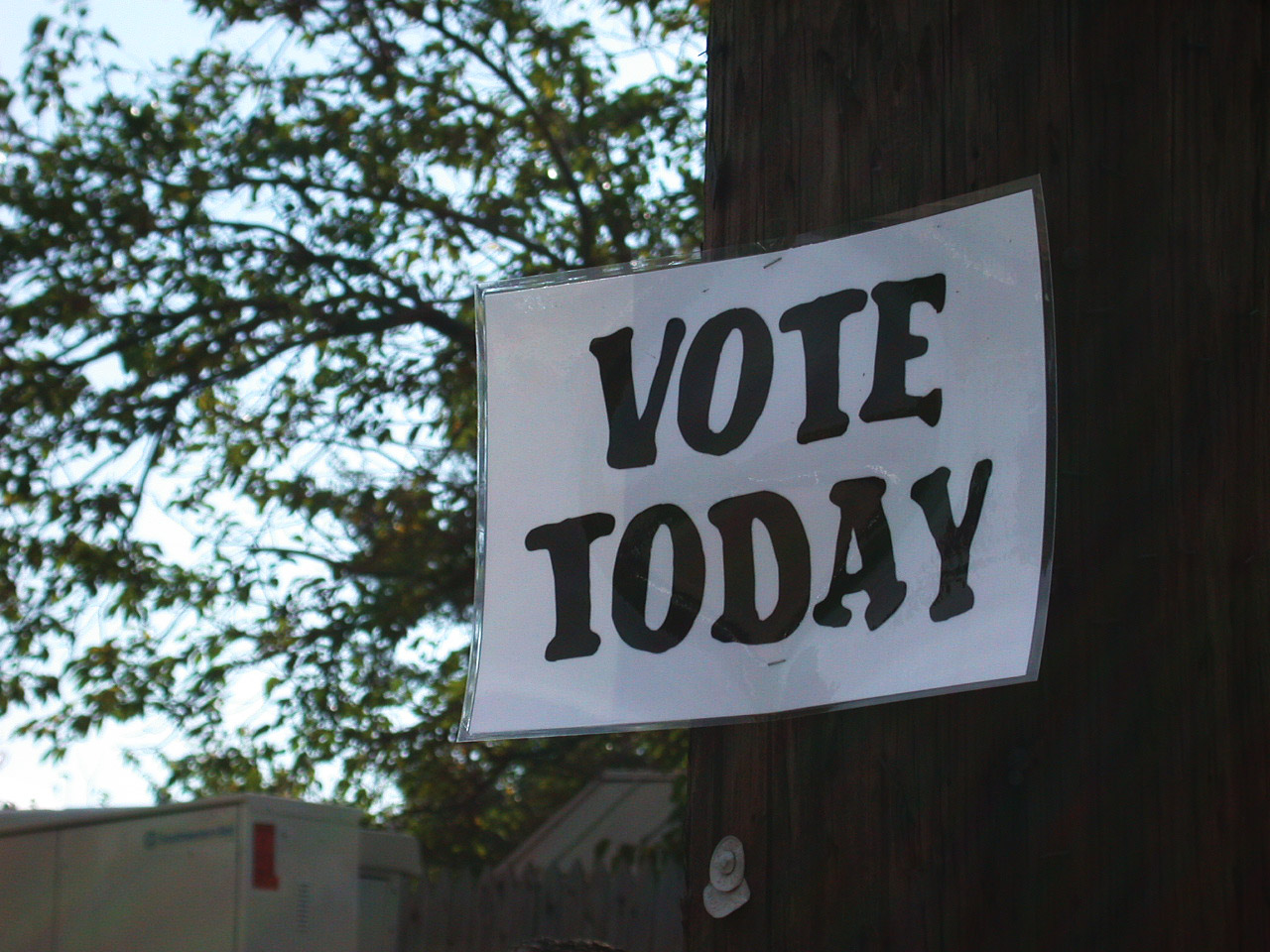Marginal Seats

If you live in a marginal or swing seat you probably know it. At election time you'll have been showered by leaflets, TV ads and visits from leading politicians, whilst friends living in a safe seat are largely ignored. Politicians are giving you the attention because your vote matters more.
In theory, in a democracy all votes are equally important, but in practice, in some electoral systems, this is not the case. Some systems result in swing or marginal seats where the elections are decided and thus where political attention is focused. Swing seats arise through a combination of two elements of an electoral system. Firstly, an electoral system must allocate seats or political office in a disproportional way. In a proportional system, seats are allocated according to the share of the vote a party wins, so all votes will generally be equally important. Secondly, the electoral system must have multiple constituencies: the country must be split up into districts or regions or states. A national vote for a president, for example, is a winner takes all election (if a politician wins 30% of the vote in a presidential election they would not be president 30% of the time). However, because there is a single national constituency in presidential election, candidates value the votes of all citizens equally as they all add towards his/her total vote tally.* In practice, a presidential candidate may calculate that a certain ethnic, religious, socio-economic or geographic group is worth targeting but their vote is no more intrinsically valuable.
It is the combination of a disproportional system and multiple constituencies which results in parties being rewarded for winning or doing reasonably well across a large number of districts rather than winning by huge margins in a small number of districts. Districts where the result was close are swing seats that parties will divert their resources towards, ignoring seats they have won by a large majority or that they lag far behind in. **
The British parliamentary system provides a perfect example of how this works. The United Kingdom is split into 650 constituencies. Each constituency elects a single Member of Parliament by a plurality of the vote. In the 2015 election the victorious Conservatives won the seat of Gower by a majority of 25 and the seat of Hampshire North East by a majority of 30,000. Both these victories were worth exactly the same, both resulting in a single Conservative Member of Parliament being elected. However, in the next election the Conservatives and Labour (the main opposition) will focus their resources on the highly marginal Gower seat, knowing that changing the minds of a handful of voters would change the outcome. They will ignore Hampshire North East knowing that even if 10,000 voters switched, the seat would remain Conservative. The votes of the people of Gower simply count for more.
Elections for presidency in the United States are effectively 50 winner takes all races. Electors that a state sends to the Electoral College that decides the presidency are awarded to the candidate that wins a plurality of the vote (with the exception of Nebraska and Maine) in a state. States that have a close outcome are more important, swing states.
**There is no exact definition of how close the result in seat must be for it to be a marginal. In the UK it is usually that the incumbent had a majority of less than 10%.
- http://blogs.lse.ac.uk/politicsandpolicy/the-case-of-the-missing-marginals/
- http://www.politicsresources.net/area/uk/mps-maj.htm
PHOTO/ Marcia Cirillo